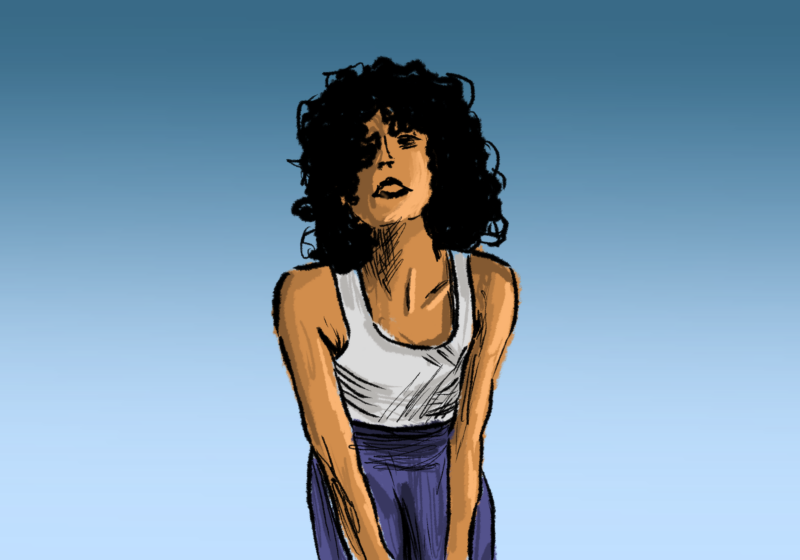This summer, a man in Hampstead, New Hampshire died from a virus-related disease that had been unseen in the state since 2014. Vermont, Massachusetts, and New Jersey each saw a case of the virus for the first time in 12, four and five years respectively. Concerningly, cases continue to rise, and health officials are advising individuals to stay indoors and protect themselves from a possible transmission.
It isn’t COVID-19. It may, however, be just as deadly.
Eastern equine encephalitis (EEE) is a mosquito-borne virus found primarily in the eastern United States. Most people who contract the virus don’t get the disease, but about 30% of individuals with severe EEE die, and those who survive the virus often face residual neurological issues.
The virus is most commonly spread by mosquitoes that reside near freshwater swamps. Animals who contract the virus often do so by feeding off birds and mammals. Humans who contract EEE are considered “dead-end” hosts, meaning they can’t spread the virus between each other.
This year, human cases of EEE have been reported in five states: Massachusetts, New Hampshire, New Jersey, Vermont, and Wisconsin. While New York has currently not been affected, various counties throughout the state have reported levels of infection among animals like horses, who also face an increased risk of contracting the disease.
Historically, the United States has experienced an average of just over nine cases of EEE per year. Infections peaked in 2005 at 21 cases, and 2019 at 38. The national threat becomes rather minimal with Rochester being located in Monroe County — the closest counties with any presence of the virus in the past 20 years are Oswego and Onondaga, with average annual incidence rates of 5% and 12% per 100,000 population.
The threat of mosquito-borne viruses remains a topic of interest despite the relative infrequency of EEE. Related diseases like West Nile virus have also seen increased activity, prompting New York City to prepare spraying pesticides over sections of Brooklyn and Queens in efforts to stop further spread.
With the impact of COVID still fresh in the national consciousness, precautionary measures have been imperative as cases continue to rise in areas prone to outbreak. In addition to avoiding areas where mosquitoes are common, the CDC recommends wearing long-sleeved clothing and using insect repellent to prevent bites. The New York State Department of Health additionally recommends reducing all standing water near your home or property to further eliminate the likelihood of mosquitoes nearby.
With no vaccine or treatment currently available for either of these viruses, protecting yourself from mosquito bites is the best — and only — way of ensuring your life is not put at risk.





